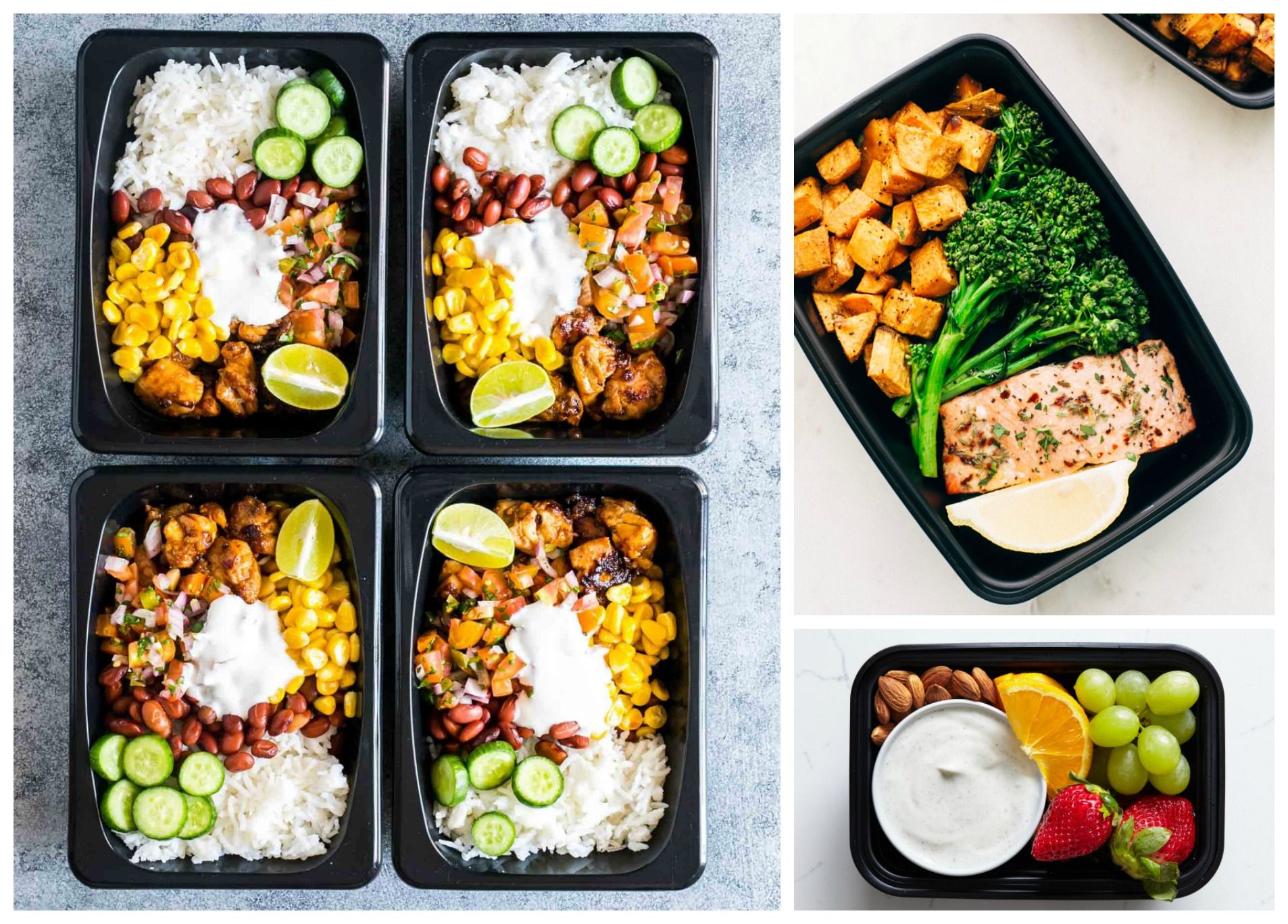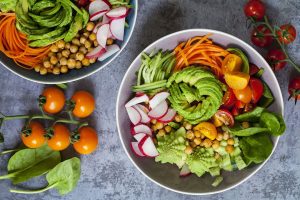
How to Meal Prep for a Week of Healthy Eating
Introduction
Proper meal prep is an excellent way to stay on track with your healthy eating goals. By planning and preparing your meals in advance, you can save time, money, and ensure that you’re nourishing your body with nutritious food throughout the week. This article will provide you with some helpful tips on how to meal prep effectively.
Benefits of Meal Prep
Before diving into the process, let’s discuss some of the benefits of meal prepping:
Time-saving: By dedicating a few hours to prepare meals for the week, you can save valuable time during busy weekdays.
Healthier choices: Meal prep enables you to make healthier choices by planning and controlling the ingredients and portion sizes.
Cost-effective: Bulk buying ingredients and cooking in larger quantities can save you money in the long run.
Reduced food waste: By using up all the ingredients during your meal prep, you can minimize food waste.
Planning Your Meals
Effective meal prep begins with careful planning. Follow these steps to streamline your meal prep process:
1. Set your goals
Determine your dietary objectives and consider any specific dietary restrictions or food preferences. This will help you select appropriate recipes and ingredients.
2. Get organized
Create a meal prep schedule or planner to keep track of what meals you want to prepare for the week. Make a grocery list and ensure you have sufficient containers to store your meals.
3. Choose your recipes
Select recipes that align with your goals, such as chicken and vegetable stir-fry, quinoa and black bean salad, or baked salmon with roasted vegetables. Look for recipes that use similar ingredients to simplify your grocery shopping.
4. Shop smart
Head to the grocery store with your prepared list. Stick to the list and avoid impulsive purchases to stay within your budget.
5. Prep efficiently
Carve out a block of time, such as Sunday afternoon or evening, to prepare your meals for the week. Chop vegetables, cook proteins, and portion out servings in containers. Consider investing in meal prep containers to keep your meals fresh and easily accessible throughout the week.
Execution and Storage
With your meals planned and prepped, it’s essential to store them correctly to maintain freshness and quality:
1. Refrigeration
Place your meals in the refrigerator within two hours of cooking (or immediately if they contain perishable ingredients like meat or dairy). Use airtight containers to ensure the food stays fresh longer.
2. Freezing
If you’re prepping meals for the second half of the week, freeze them to maintain their quality. Ensure the food is properly wrapped and labeled with the date to keep track of its freshness.
Enjoying Your Prepared Meals
When the time comes to enjoy your prepped meals:
1. Reheating
When reheating your meals, follow proper food safety guidelines. Heat the meals until they reach an internal temperature of 165°F (74°C) to eliminate any risk of foodborne illnesses.
2. Mix it up
Eating the same meals every day can become monotonous. Spice up your meals by adding different sauces, dressings, or seasonings to achieve different flavors.
Conclusion
Meal prepping is a valuable strategy for maintaining a healthy lifestyle. By planning your meals, shopping smart, and prepping efficiently, you can set yourself up for a week of healthy eating. Remember to store your meals properly and get creative with flavoring to keep your taste buds excited. Enjoy the convenience and benefits that meal prep brings to your everyday life!

